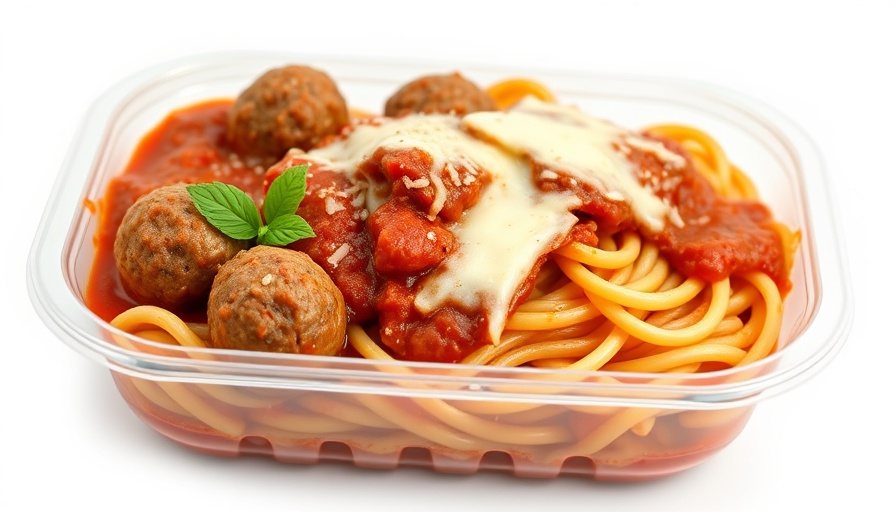
Oreo Maker Mondelez Takes Legal Action Against Aldi
The battle over grocery store shelves is heating up as Mondelez International, the creator of beloved treats such as Oreos and Chips Ahoy, has filed a federal lawsuit against Aldi. The complaint, lodged in Illinois, accuses Aldi of infringing on Mondelez’s packaging designs in a way that could confuse consumers, claiming that the supermarket chain's store-brand products closely mimic their iconic packaging.
What’s at Stake?
Mondelez's lawsuit asserts that Aldi's packaging not only copies the visual appearance of its popular products but does so in a manner that could mislead customers. Photographic comparisons reveal striking similarities—like Aldi’s Thin Wheat crackers in a gold package akin to Mondelez's Wheat Thins. Mondelez is seeking both financial compensation and a definitive court order to prevent further sales of products that infringe upon its trademark rights.
Aldi's Growing Influence in the Marketplace
Founded in Germany, Aldi has rapidly become a dominant grocery player in the U.S., operating over 2,500 stores across 39 states. Known for low prices and private-label products, the supermarket has faced similar lawsuits in the past. This includes a recent Australian case where Aldi was found to infringe copyright on a children’s snack product and a UK ruling favoring a cider company regarding design similarities.
The Bigger Picture: Implications for the Grocery Industry
The ongoing legal dispute highlights critical issues in the grocery industry about branding and consumer perception. As Aldi continues to expand, its strategy of using low-cost private-label products raises questions about brand equity and the delicate balance between competitive pricing and fair competition.
The Local Connection: Aldi in Massachusetts
Aldi operates 23 locations across Massachusetts, including in Medford and Natick, making it a familiar store to many local shoppers. The outcome of this lawsuit could have implications not just for Mondelez and Aldi but for local customers who rely on these products and their availability.
As discussions evolve in this case, shoppers and competitors alike will be watching closely to see how this legal challenge unfolds, potentially reshaping the landscape of grocery branding and trademark protections.
 Add Row
Add Row  Add
Add 




Write A Comment